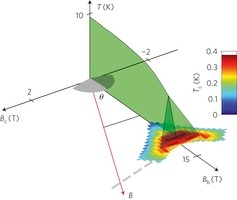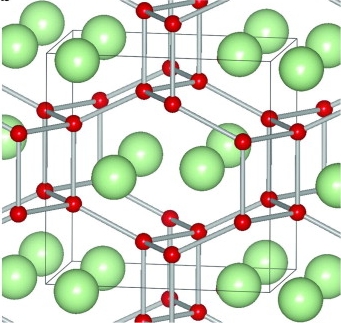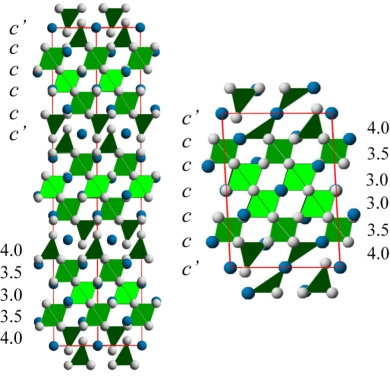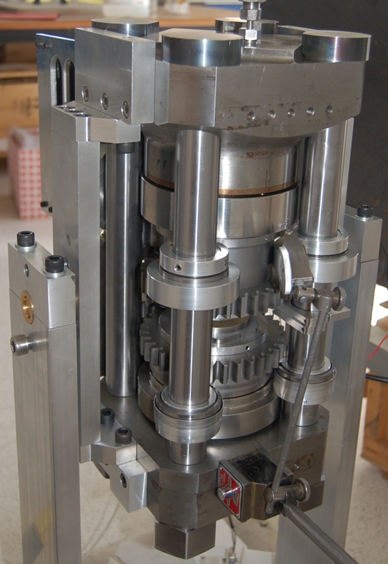Our research is collaborative and often crosses traditional subject boundaries. Major themes are:
Fundamental Systems
Elements and simple molecules such as water or methane can adopt remarkably complex structures under pressure, including incommensurate lattices. Combinations of high pressure, low temperatures, and high magnetic field strengths reveal exotic new quantum orders related to correlated electron properties such as superconductivity.
Extreme Geosciences

Study of volatiles such as water and carbon dioxide under pressure is important to carbon capture technologies and to understanding of plate tectonics. Information about high pressure ices also gives insights into the composition of outer planets such as Uranus and Neptune. Very high pressure and temperature laser-heating experiments mimic conditions within Earth’s core.
Molecular and Biological Sciences
Pressure tuning facilitates discovery of new polymorphs of molecular compounds, ranging from pharmaceuticals to explosives, and can tailor the internal volume of microporous materials. The adaptation of extremophile organisms to pressure and other stresses is studied from the molecular to the whole-organism level, and this supports astrobiology where possibilities for life on other planets are considered.
Materials Discovery

New magnetic and conducting oxide materials are synthesised at high pressure-temperature conditions. High pressure structure and property measurements are used to tune superconductors and molecular magnets, and new frustrated magnets are explored at low temperatures and high field strengths to discover unusual quantum ground states.
State of the Art Techniques
Cell development enables ever more challenging extremes to be achieved in experiments. High pressure cells are designed and evaluated by computer before being constructed and tested. A range of diamond anvil cells are used for the highest pressure measurements, while variations on Paris-Edinburgh and other cells enable larger volume samples to be investigated at low pressures.